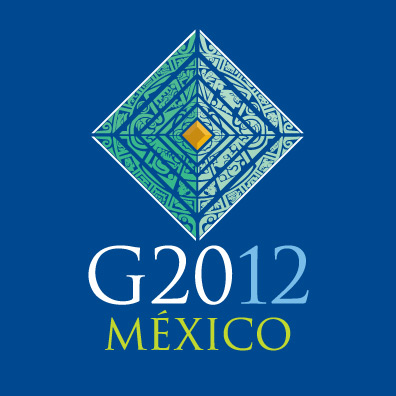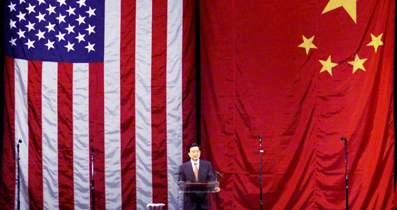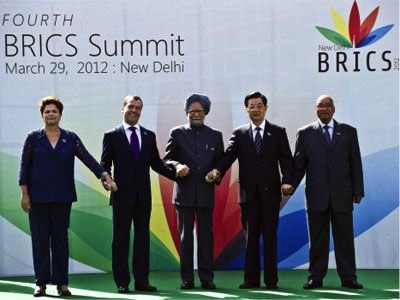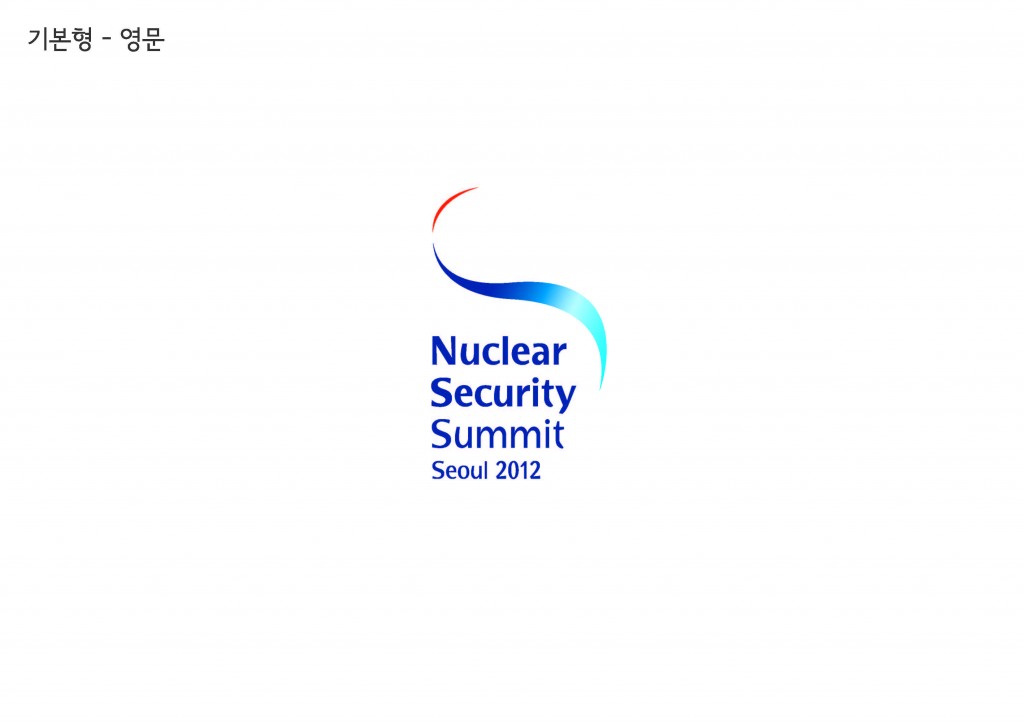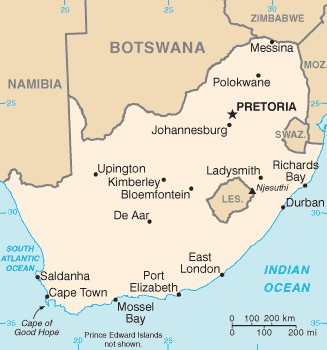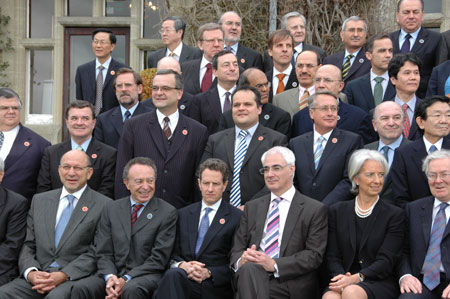I had the great pleasure of returning to Princeton this past weekend to reprise the global governance workshop – and we’ve fortunately switched it from January to May. This was the third edition. With the partners in place including the Project on the Future of Multilateralism, from Woodrow Wilson, led by John Ikenberry, the International Institutions and Global Governance Program from the Council on Foreign Relations led by Stewart Patrick, the Stanley Foundation led this year by Keith Porter and a number of us – myself and Munk School Director, Janice Stein – from the Munk School of Global Affairs University of Toronto and the Global Summitry Project, we gathered together experts to discuss – “The Future of Liberal Internationalism: Global Governance in a Post-American Hegemonic Era”. It proved to be a fruitful and even at times somewhat fiery.
The four organizers decided to set a series of five panels – each with a theoretic lens to look at liberal internationalism. Obviously the first panel examined the future of liberal internationalism from the perspective of the proponents and immediate critics of liberal internationalism. So panel one – “America and the future of liberal internationalism” – led off with John and was followed by Charlie Kupchan who in his new book No One’s World argues that the decline of the United States and the rise of rest will lead us away from American hegemony and from liberal internationalism as well. Liberal internationalism, according to Charlie, is inextricably tied with American hegemony.
Panel two focused on Peter Katzenstein’s civilizational analysis in a session entitled “does civilizational analysis define and constrain liberal internationalism?” The session was indeed led by Cornell’s Peter Katzenstein and proponents and critics joined battle almost immediately.
Panel three turned attention to the rise of networks and the impact of the coming/present existence of the age of communication networks and the impact of these networks on global governance and liberal internationalism. This session was ably led by Princeton’s Anne-Marie Slaughter – long an observer of networks – and now a strong proponent for the influence of communication networks – on governance.
Panel four focused on the rise of the rest. This panel was led deftly by Andy Hurrell from Oxford a keen observer of the rise of the rest – especially Brazil – but more generally, Brazil, China and India. On this panel experts from each provided commentary from India, Pratap Mehta from the Center for Policy Research, New Delhi, Brazil, Matias Spektor from the Fundacao Gitulio Vargas and Minxin Pei from Claremont McKenna College.
Panel five and the last panel of the conference was an interesting panel focused on “liberty, democracy, and the liberal international system”. The panel was led from two contrasting perspectives on the influence and need for democracy. One perspective was presented by Dan Deudney. In his lead in he focused on liberal internationalism and the impact on liberty and limited government. Princeton’s Andy Moravcsik took a second lead examining the case for whether the democratic deficit was enlarged or not by international organizations and liberal internationalism.
Each of the panels provided unique insights into liberal internationalism and its decline, or demise or continuing dominance – with or without the United States as the hegemon.
It is impossible to capture all the discussion, dialogue, agreement and contention that went on in the day and a half we met in these five panels. In addition I can’t possibly capture all that we heard and discussed from Steve Clemons. Clemons is currently the Washington editor at large for The Atlantic and editor in chief of Atlantic Live. He joined us for the Friday dinner and reflected – from a beltway insider’s view – on US politics and policy in remarks he gave to conference gathered after dinner.
So what are some of the things I take away from these panels and discussions? On a central question – whether liberal internationalism has a life of its own apart from United States hegemony, or is inextricably linked to US leadership such that the decline of the US and the rise of the rest will lead to the end of a liberal internationalist global order, the conclusion is not clear. Indeed the hanging question was posed by GWU’s Martha Finnemore. She raised a critical question. What, she asked, is the box that defines liberal internationalism so that in the future we could assess whether the changes we identify in global governance would enable observers to conclude that liberal internationalism was continuing, or that the changes had resulted in the end of liberal internationalism and the rise of some other political order. A vital question. While John was not prepared to describe in detail what was in the international liberalism box, what detail he did describe provided what many saw as a rather thinner structure to liberal internationalism than many had expected focusing primarily on open trade and a rules-based system. Obviously John avoided suggesting that the powers all needed to be democratic but rather surprisingly John did suggest that liberal democratic states needed to be at the heart of the system.
Also revealing were the efforts by our experts to describe the behaviors of the current rising powers. Doing so remains evidently a work in progress. Nevertheless the experts suggested that all – China, Brazil and India – had eagerly become ‘club joiners’ in the world of global summitry. All seemed eager be seen within the circle of leaders in global governance; but none appeared willing to rush to leadership. Moreover all seemed ambivalent over the rules/norms of if liberal internationalism though none appeared to be seeking to replace liberal internationalism either. The closest to that was expressed by Minxin Pei who described the alternative vision of Chinese leadership – pointing in this case to the Shanghai Cooperation Organization. According to Minxin, the Chinese leadership has committed significant attention and resources to the SCO, which is a closed, China-dominated institution exercising a ‘dialogue and consensus’ approach to policy-making. For China the current strategy is to exercise a minimum level of cooperation, manage the material costs of being part of global summitry and ensure that global governance has a minimum impact on China’s sovereignty.
In examining networks, its seemed largely unremarkable to most that the state is far more disaggregated than traditional international relations suggests. Today most observers acknowledge the active engagement of non-traditional actors – ministers and ministries and transgovernmental regulatory networks. Foreign ministries no longer hold the monopoly of global summitry policy. Many accepted that the “Iceberg Theory of Global Governance” is a fact in policy making. There appeared still strong skepticism over the influence, however, of the communications networks that represent the next chapter of networked governance, according to Anne-Marie Slaughter – what I referred to as Slaughter 3.0
In the final panel there was a fascinating rather surprising I suppose debate of the impact of global governance on national sovereignty. While world government was generally acknowledged as not the goal of liberal internationalism nevertheless conservative critics – especially Jeremy Rabkin from George Mason – raised the threat to democratic sovereignty from the creation and maintenance liberal internationalism. Collective leadership and the actions of faceless officials could still raise a threat to national sovereignty – and undermined the ideal of liberty and limited government. Though largely an American contestation, it reminded us of the tension between national interest and global governance. It underscored the difficult task of overcoming the collective action problem in the contemporary global political order.
Image Credit: Wikimedia Commons – Nassau lions at Princeton University



